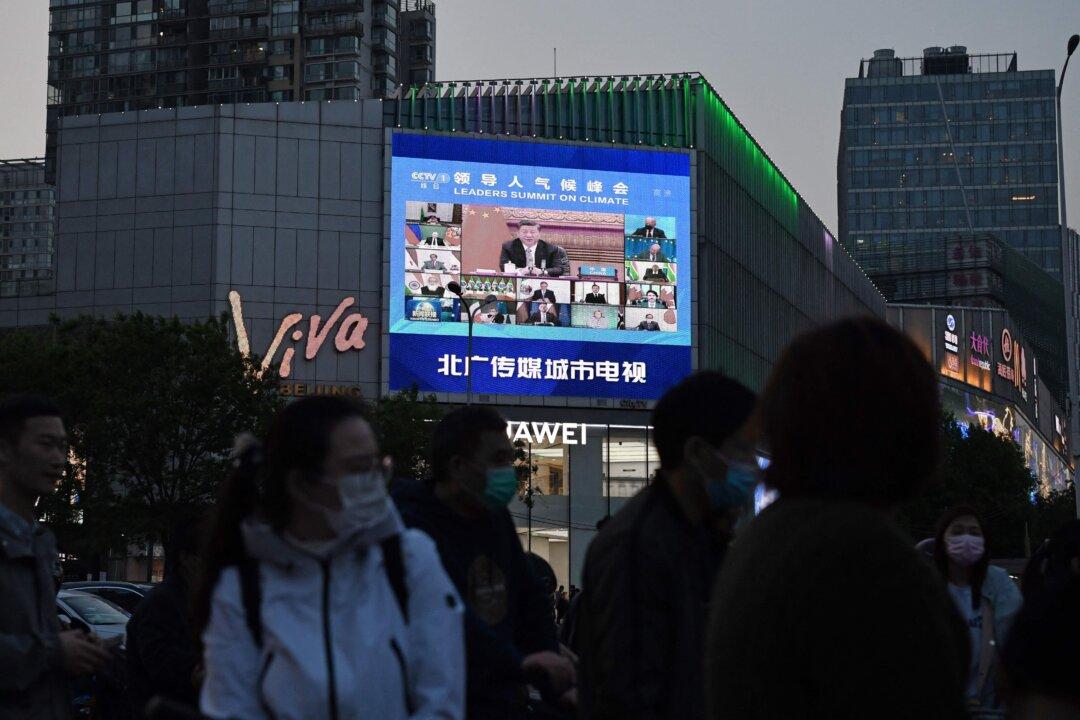The Chinese Communist Party (CCP) tries to play to its advantage the efforts of Western countries to counter climate change, several experts told The Epoch Times; this time, however, its strategy seems to be failing.
Over the past year or so, the CCP has made a series of moves that gave some hope the regime has come around on climate.





